Best movies like Simon Boccanegra
Strong traditional production with a few modern touches.
A unique, carefully handpicked, selection of the best movies like Simon Boccanegra Starring Plácido Domingo, Ferruccio Furlanetto, Anja Harteros, Massimo Cavalletti, and more. If you liked Simon Boccanegra then you may also like: Giuseppe Verdi, Wife for a Night, Otello, Quartet, Rossini and many more popular movies featured on this list. You can further filter the list even more or get a random selection from the list of similar movies, to make your selection even easier.
Coming just before the mature final works, Verdi's Simon Boccanegra - along with Un Ballo in Maschera, Les Vêpres Siciliennes, La Forza del Destino and Don Carlos - occupy a strange but fascinating hinterland in the career of the composer. Each of the operas, influenced by Verdi's political involvement in the Risorgimento for the reunification of Italy during the period, are very much concerned with the exercise of power, but they all rely on typically operatic conventions of bel canto and French Grand Opéra in their use of personal tragedies and unlikely twists of fate to highlight the human feelings and weaknesses that lie behind their historical dramas. Written in 1859, but revised by the composer in 1881, Piave's libretto given an uncredited reworking by Arrigo Boito, Simon Boccanegra is consequently one of the more interesting works from this period, certainly from a musical standpoint. Live from Teatro all Scala, Milan 2010.
You may filter the list of movies on this page for a more refined, personalized selection of movies.
Still not sure what to watch click the recommend buttun below to get a movie recommendation selected from all the movies on this list
Wife for a Night
A poor musician hires a courtesan to pose as his wife so he can "give" her to a wealthy count in return for patronage.
Otello
Based on Shakespeare's play, Verdi's opera depicts the devastating effects of jealousy, "...the green-eyed monster which doth mock the meat it feeds upon". Believing Otello has promoted the fast-rising Cassio over himself, Iago plots to destroy both Cassio and Otello. Iago convinces the jealous Otello that his beautiful wife Desdemona is unfaithful, and that Cassio is her lover. Jealousy is followed by tragedy, then retribution, "Has Heaven no more thunderbolts?"
Quartet
Cissy, Reggie, and Wilf are in a home for retired musicians. Every year, there is a concert to celebrate Composer Giuseppe Verdi's birthday and they take part. Jean, who used to be married to Reggie, arrives at the home and disrupts their equilibrium. She still acts like a diva, but she refuses to sing. Still, the show must go on, and it does.
The Wrong Mommy
After receiving a promotion and more responsibility at work, Melanie decides to hire Phoebe as her personal assistant. Smart and cunning, Phoebe has an ulterior motive for taking the job and a twisted plan for revenge involving Melanie's mother.
Hymn of the Nations
Hymn of the Nations, originally titled Arturo Toscanini: Hymn of the Nations, is a 1944 film directed by Alexander Hammid, which features the "Inno delle nazioni," a patriotic work for tenor soloist, chorus, and orchestra, composed by Italian opera composer Giuseppe Verdi in the early 1860s. (For this musical work, Verdi utilized the national anthems of several European nations.) In December 1943, Arturo Toscanini filmed a performance of this music for inclusion in an Office of War Information documentary about the role of Italian-Americans in aiding the Allies during World War II. Toscanini added a bridge passage to include arrangements of "The Star-Spangled Banner" for the United States and "The Internationale" for the Soviet Union and the Italian partisans. Joining Toscanini in the filmed performance in NBC Studio 8-H, were tenor Jan Peerce, the Westminster Choir, and the NBC Symphony Orchestra. The film also included the overture to Verdi's opera La Forza del Destino.
Interrupted Melody
Interrupted Melody is the inspirational filmed biography of world-renowned Australian soprano Marjorie Lawrence. She’s a foremost Wagnerian, equal to the vocal and physical demands of the composer’s oeuvre. And she’s a beacon of triumph to anyone who fights back when personal tragedy strikes.
Hornblower: The Even Chance
Portsmouth, 1794. Under thundery skies and in lashing rain, 17-year-old midshipman Horatio Hornblower takes the first tentative steps of his naval career, but a feud with a shipmate causes complications.
Un Ballo in Maschera
Verdi's opera performed by the Metropolitan Opera Orchestra and Chorus, conducted by James Levine.
The Byrd Who Flew Alone: The Triumphs and Tragedy of Gene Clark
A documentary on the life and work of Gene Clark, co-founder of The Byrds, whose subsequent career was a rollercoaster of pioneering music and personal disaster.
Casta diva
Martha Eggerth heads the cast of Casta Diva, but the central character is famed Italian composer Vincenzo Bellini, here played by American actor Phillips Holmes. Paying but scant attention the facts, the film concentrates on Bellini's colorful love life. Evidently the film went through several rewriting processes, as witness the curious performances of Donald Calthrop and Arthur Margetson, whose characters do complete about-faces halfway through the story. Amidst so many British accents, Martha Eggerth's Polish intonations seem out of place, but she photographs beautifully and sings quite well. Casta Diva was attractively filmed on location in Naples. Not to be confused with the 1954 remake (by Gallone himself) or to the English language version "The Divine Spark" (also directed by Gallone and starred by Eggerth).
The Life of Giuseppe Verdi
The great Italian opera composer recalls his eventful life on his deathbed: his childhood in Busseto, his studies in Milan, his first opera "Oberto, conte di San Bonifacio", the death of his wife and his children killed by smallpox.
Personal Effects
Walter is a rising star in the NCAA wrestling world until his life is ripped apart by the brutal murder of his sister. Returning home to console his mother Gloria he seeks vengeance on the man who is accused of the crime. A chance meeting with a beautiful mature woman gives him solace to the situation. Will this unlikely pairing bloom into a romance and heal a wound the world cannot see or will the loss of his sister push him over the edge?
I, Don Giovanni
A drama based on the life of 18th century Italian lyricist Lorenzo da Ponte, who collaborated with Mozart on his "Don Giovanni" opera.
La forza del destino
Film version of the Verdi opera about lovers on the run after the accidental death of the girl's father.
Pagliacci
The story is set in southern Italy and recounts the tragedy of Canio, the lead clown (or pagliaccio in Italian) in a commedia dell'arte troupe, his wife Nedda, and her lover, Silvio. When Nedda spurns the advances of Tonio, another player in the troupe, he tells Canio about Nedda's betrayal. In a jealous rage Canio murders both Nedda and Silvio. Although Leoncavallo's opera was originally set in the late 1860's, Zeffirelli's production is updated to the period between World War I and World War II.
Verdi: La Traviata
Live from La Scala Saturday 07 July 2007. In this live performance of Giuseppe Verdi's opera, Violetta, a courtesan much wooed by Parisian society, organises a grand party that is attended, amongst others, by the young Alfredo Germont. He confesses his feelings to Violetta, who is already suffering from consumption. She vacillates between genuine affection and a realistic assessment of her situation as a "fallen woman", which precludes any lasting relationship with a man.
Aida - San Francisco Opera
tt0255782. Aida (1981) San Francisco. Verdi / Italian. An Egyptian military commander, Radamès, struggles to choose between his love for the enslaved Ethiopian princess Aida, and his loyalty to the Pharaoh. To complicate the story further, the Pharaoh's daughter Amneris is in love with Radamès, although he does not return her feelings.
La Traviata
La traviata (Italian: [la traˈviaːta], "The Fallen Woman"[1][2]) is an opera in three acts by Giuseppe Verdi set to an Italian libretto by Francesco Maria Piave. It is based on La dame aux Camélias (1852), a play adapted from the novel by Alexandre Dumas, fils. The opera was originally entitled Violetta, after the main character. It was first performed on 6 March 1853 at the La Fenice opera house in Venice. Piave and Verdi wanted to follow Dumas in giving the opera a contemporary setting, but the authorities at La Fenice insisted that it be set in the past, "c. 1700". It was not until the 1880s that the composer and librettist's original wishes were carried out and "realistic" productions were staged.[3]
Nabucco
Live performance at Teatro Carlo Felice di Genova, June 2004. Original stage production by Operhaus Zurich. DVD: Dynamic, live recording Cat: 33465. Nabucco (short for Nabucodonosor, English Nebuchadnezzar) is an opera in four acts by Giuseppe Verdi to an Italian libretto by Temistocle Solera, based on the Biblical story and the 1836 play by Auguste Anicet-Bourgeois and Francis Cornue. It is VerdiÕs third opera and the one which is considered to have permanently established his reputation as a composer. Nabucco follows the plight of the Jews as they are assaulted, conquered, and subsequently exiled from their homeland by the Babylonian King Nabucco (in English, Nebuchadnezzar). The historical events are used as background for a romantic and political plot.
Rigoletto
Live recording at Royal Opera House, 22 September, 2001. Television live relay. In one of the Royal Opera’s most celebrated and popular productions, director David McVicar mixes lavish historical costumes and dark stylized settings to highlight the savagery and excitement of Verdi’s tale of misdirected revenge. Paolo Gavanelli is vocally and theatrically electrifying as the hunchback anti-hero, acclaimed soprano Christine Schäfer is his doomed daughter, and superstar tenor Marcelo Alvarez is her fickle lover. With superb playing from the Orchestra of the Royal Opera House, it adds up to a thrilling Rigoletto for both opera aficionados and newcomers.
Verdi: La Forza del Destino
Taped live at the Mariinsky Theater in St. Petersburg, Valery Gergiev conducts this landmark production of Giuseppe Verdi's operatic masterpiece. This opera premiered at the Mariinsky Theatre in 1862, and is performed here in its original St. Petersburg version using reconstructions of the magnificent painted scenery.
Jérusalem
Jérusalem is a grand opera in four acts by Giuseppe Verdi. The libretto was to be an adaptation and partial translation of the composer's original 1843 Italian opera, I Lombardi alla prima crociata. It was the one opera which he regarded as the most suitable for being translated into French. Live from the Teatro Carlo Felice di Genova, November 2000.
Don Carlo - ROH
Rolando Villazón Triumphantly Returns To The Stage As Don Carlo In The 2007/2008 Royal Opera House'S Producton Of Don Carlo. National Theatre director Nicholas Hytner's new staging of Verdi's grandest-- and arguably greatest -- opera, Don Carlo, was the highlight of the 2007/2008 Royal Opera House season. This new production marked Rolando Villazón's much anticipated and triumphant return. Set amidst the political, religious and sexual intrigue of the 16th century Spanish court, this epic work tells the tragic story of Don Carlo, a virtuous young prince who is pitted against the powers of a dominant, corrupt society. First staged at The Royal Opera House in 1886, this new production is the first new version of the 5-Act complete opera to be staged at Covent Garden in 50 years. With sets and costumes by Bob Crowley, direction by Nicholas Hytner, and an enviable cast, this production of Don Carlo is worthy of the greatness of Verdi's original, masterful work.
I Capuleti e i Montecchi
Bellini's radiant retelling of Shakespeare's Romeo and Juliet is a beacon in the bel canto tradition. San Francisco Opera's co-production features two of the greatest voices in bel canto together for the first time: mezzo Joyce DiDonato and soprano Nicole Cabell. Their compelling duet is one of the finest marriages between two voices in many, many years. The production, directed by Vincent Broussard and featuring costumes by Christian Lecroix, is captured in brilliant HD.
Rossini: Guillaume Tell
The hero of this admirably complete August 2013 Guillaume Tell from Pesaro is homegrown maestro Michele Mariotti. The inimitable overture is (mercifully) unstaged and terrifically played, with splendid cello and flute solos: the fine standard never flags. Rossini’s extraordinary 1829 score audibly presages Meyerbeer, Berlioz, Glinka, Verdi and Wagner, among many others. Graham Vick’s direction privileges class conflict, with a clenched fist on the red-and-white forecurtain. The Edwardian costumes place Austrians in white evening garb; the black-clad Swiss polish the floor while the rulers savor a filming (much of that to follow) — the fisherman Ruodi, in a boat with a blonde and fake scenery, with Tell and his family providing tech support. Vick deploys geographical and historical kitsch liberally but not (always) pointlessly. Ron Howell’s pretentious, mannered choreography, however, beggars belief.
La macchina delle immagini di Alfredo C.
April 1939. Fascist Italy occupies Albania. Thousands of Italian workers, settlers and technicians are transferred to the country. November 1944, Albania is liberated. The new Communist government closes the borders and places dozens of conditions on Italy for the repatriation of its citizens. In 1945 27,000 Italian veterans and civilians were still held in Albania. Among them there is a cameraman, Alfredo C. An operator of the Fascist propaganda effort, he has been traveling around Albania with his movie camera for five years. Before that, for almost two decades, he had immortalised the great machine of the regime. Now, by a twist of fate, being the only cameraman around, Alfredo has been asked to work on behalf of Communist propaganda. Shut up in his storeroom, surrounded by thousands of reels of film, Alfredo watches what he has shot again on an old Moviola. It is his film that we are watching. And perhaps, not his alone.
Il mago per forza
In the prison of San Vittore there is, among other detainees, a strange type that they call "Il Cavaliere". The latter suffers a conviction for theft and his fellow prisoners have a certain respect for him.



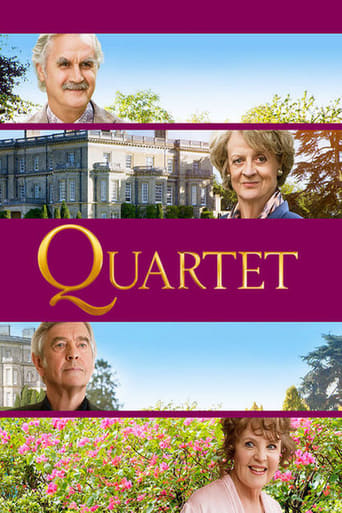

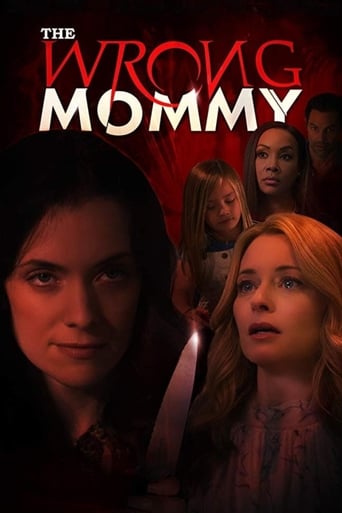


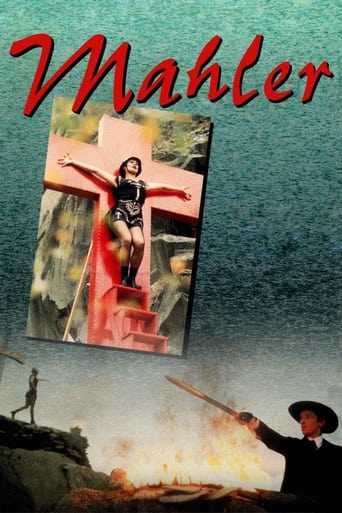


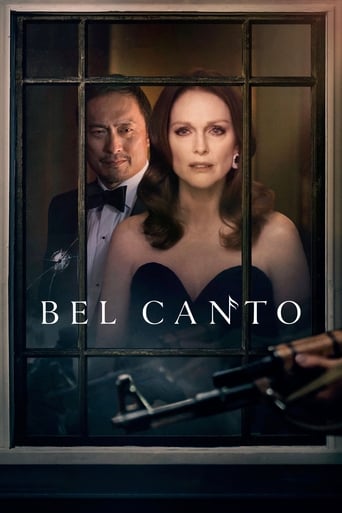




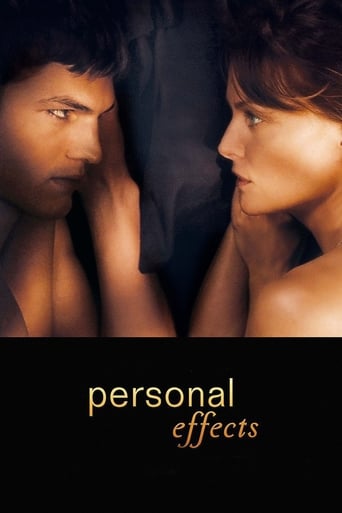


















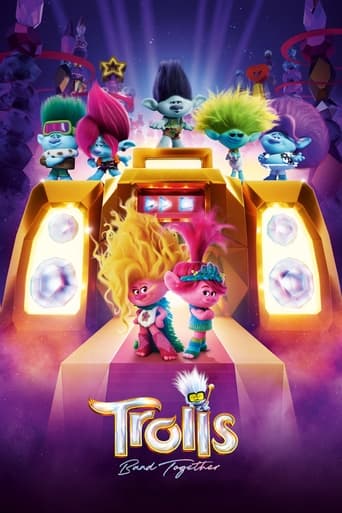
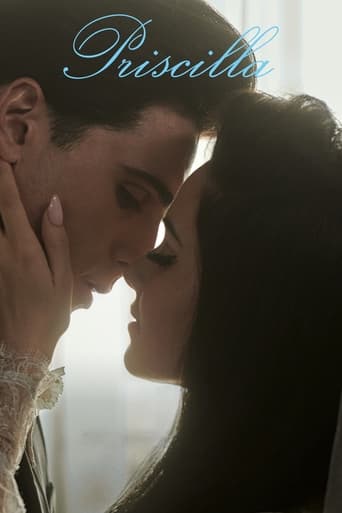
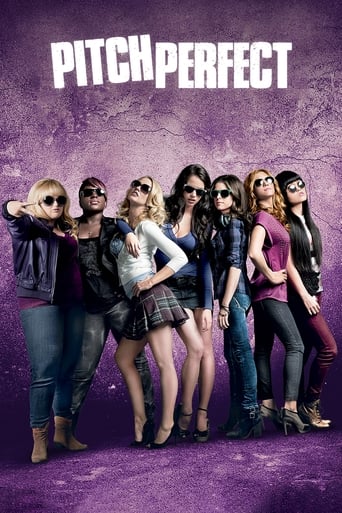
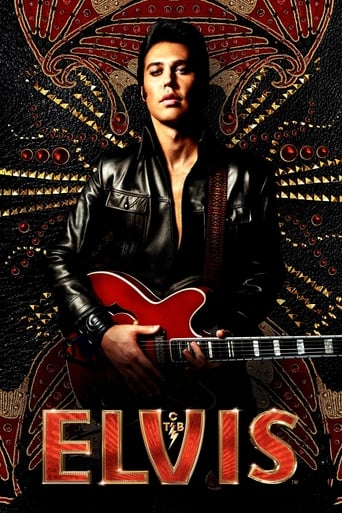
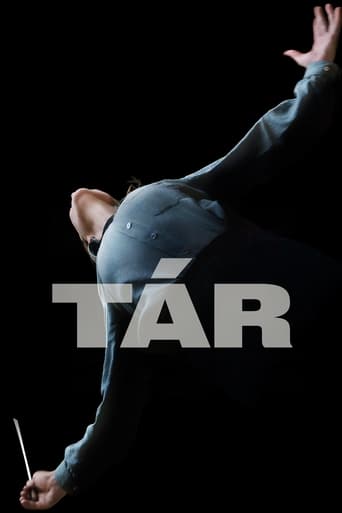
Giuseppe Verdi
The life and loves of great composer Giuseppe Verdi are played against a background of the great operas of the 19th Century. A tender love story of his successful and turbulent life, with more than 20 excerpts from his acclaimed operas.